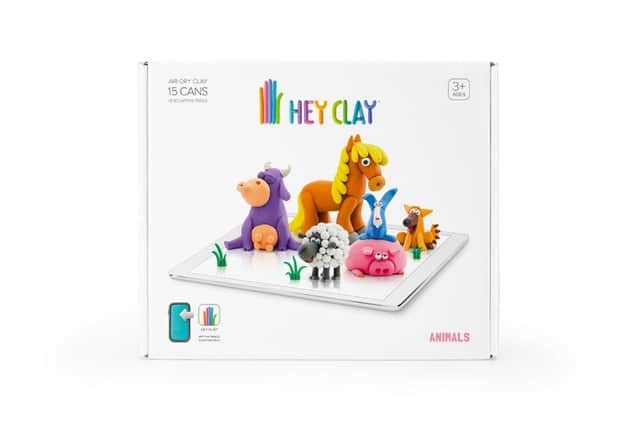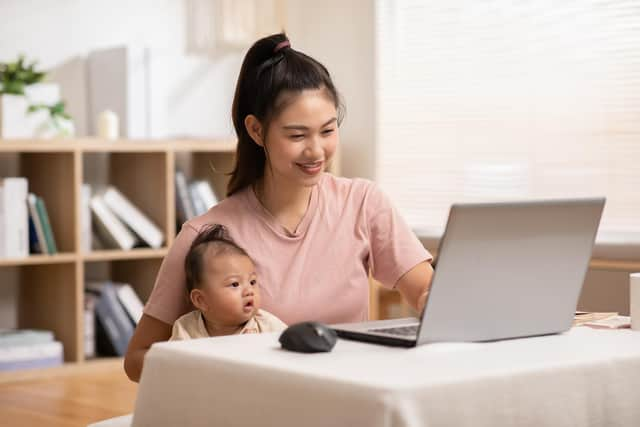Screen time dilemma for technology-mad families


How much time do they spend on a device? How much is too much? When should we start? When should we stop?
Love it or loathe it, tech is here to stay.
And, for many children, it was already an integral part of their daily lives from a young age in a world before the pandemic.


Advertisement
Advertisement
Then lockdowns ushered in new levels of time spent looking at phones, tablets and laptops as schooling and a host of other activities all went online.
Restrictions may have been lifted but the debate remains.
One study found children aged between six and ten had the biggest daily increase in screen time during the pandemic, with increases were seen in all ages, including among adults.
Researchers from Anglia Ruskin University analysed 89 different studies focusing in detail on increases in screen time before and during the pandemic, giving a total sample size of more than 200,000 people.


Among children, increases in screen time were found to be associated with inferior diet, poor eye health, deteriorating mental health (including anxiety) and behavioural problems such as aggression, irritability and the increased frequency of temper tantrums.
Advertisement
Advertisement
Many parents and carers are questioning whether children’s screen time should be limited.
However, global toy manufacturer TOMY has revealed that 69 per cent of parents believe technology plays a valuable role in their child’s development.
The survey of parents with children aged five to nine years old also found that 60 per cent of parents admit to their children using technology in the home to support their play.
A further 86 per cent said their children use technology at school.
Advertisement
Advertisement
When it comes to imaginative and creative play, more than half of parents look to technology to support their child’s development in these fields, including letting their offspring watch role play videos and take part in online arts and crafts challenges.
Grandparents are no different with two fifths of parents saying they also support its use during play.
“We are seeing more and more parents understanding how, when used well, technology supports their children’s development,” said Dr Amanda Gummer, founder and CEO at The Good Play Guide.
"The younger generations are still more inclined to get out the tablet, but as the research shows, grandparents are also becoming a lot more tech-savvy.
“At the Good Play Guide we believe benefits of digital technology outweigh the negatives surrounding screen time when used as part of a balanced play diet.”